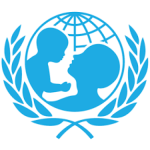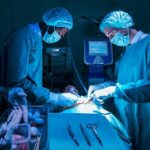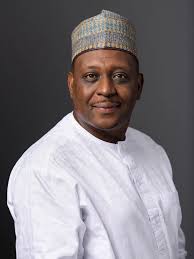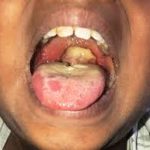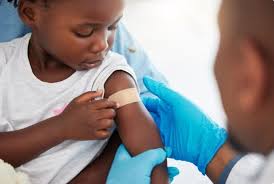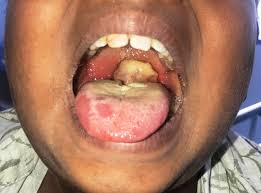Nigeria is embarking on a health sector reform that experts believe could redefine the nation’s journey toward self-reliance in healthcare and broader development.
The Sector-Wide Approach (SWAp) is leading the transformative effort, anchored by the Nigeria Health Sector Renewal Investment Initiative (NHSRII).
Dr Muntaqa Umar-Sadiq, National Coordinator of the SWAp Coordination Office, disclosed in an interview with the News Agency of Nigeria (NAN) in Abuja.
He said that the reform aims to establish a more integrated and efficient health system adding that the goal is to sustain and strengthen Nigeria’s national response to HIV/AIDS, Tuberculosis, and Malaria.
Describing the initiative as “audacious and worthy,” Umar-Sadiq emphasized the deep commitment of federal, state, and community stakeholders, alongside development partners.
“This week, we reignited a new chapter in building an efficient, integrated health system that can sustain our fight against HIV/AIDS, Tuberculosis, and Malaria.
“What sets this effort apart is its foundation within the broader NHSRII framework.”
“The SWAp framework prioritizes resource-efficient integration driven by demand, data intelligence for informed decision-making, and a unified national approach to reduce fragmentation and foster collaboration,” he said.
He said in response to changing global funding landscapes, Nigeria organised a Technical Working Group on AIDS, Tuberculosis, and Malaria (ATM-TWG) to identify funding gaps.
According to him, key organisations—including NACA, NASCP, NTBLCP, NMEP, and agencies such as NPHCDA, NHIA, and the Federal Ministry of Health and Social Welfare—collaborated to produce a cost analysis that informed a ₦200 billion domestic investment.
Umar-Sadiq added that a transition strategy is underway to address systemic gaps, strengthen programme arrangements, and deepen stakeholder engagement.
“The initiative aims to maximize population-level impact and optimize funding efficiency.
“While integration has always been a principle of our health system, SWAp provides the necessary environment for accelerated institutionalization and targeted policy reforms,” he explained.
Umar-Sadig recalled that on Aug.11–12, health sector stakeholders converged in Abuja for a workshop to co-create solutions capable of unlocking system efficiencies.
He said the meeting identified numerous integration opportunities Nigeria plans to implement over the next three years.
“This journey blends passion and faith,” Umar-Sadiq said. “It is a bold step that reflects the unwavering commitment of our leadership and partners at every level.” (NAN)

